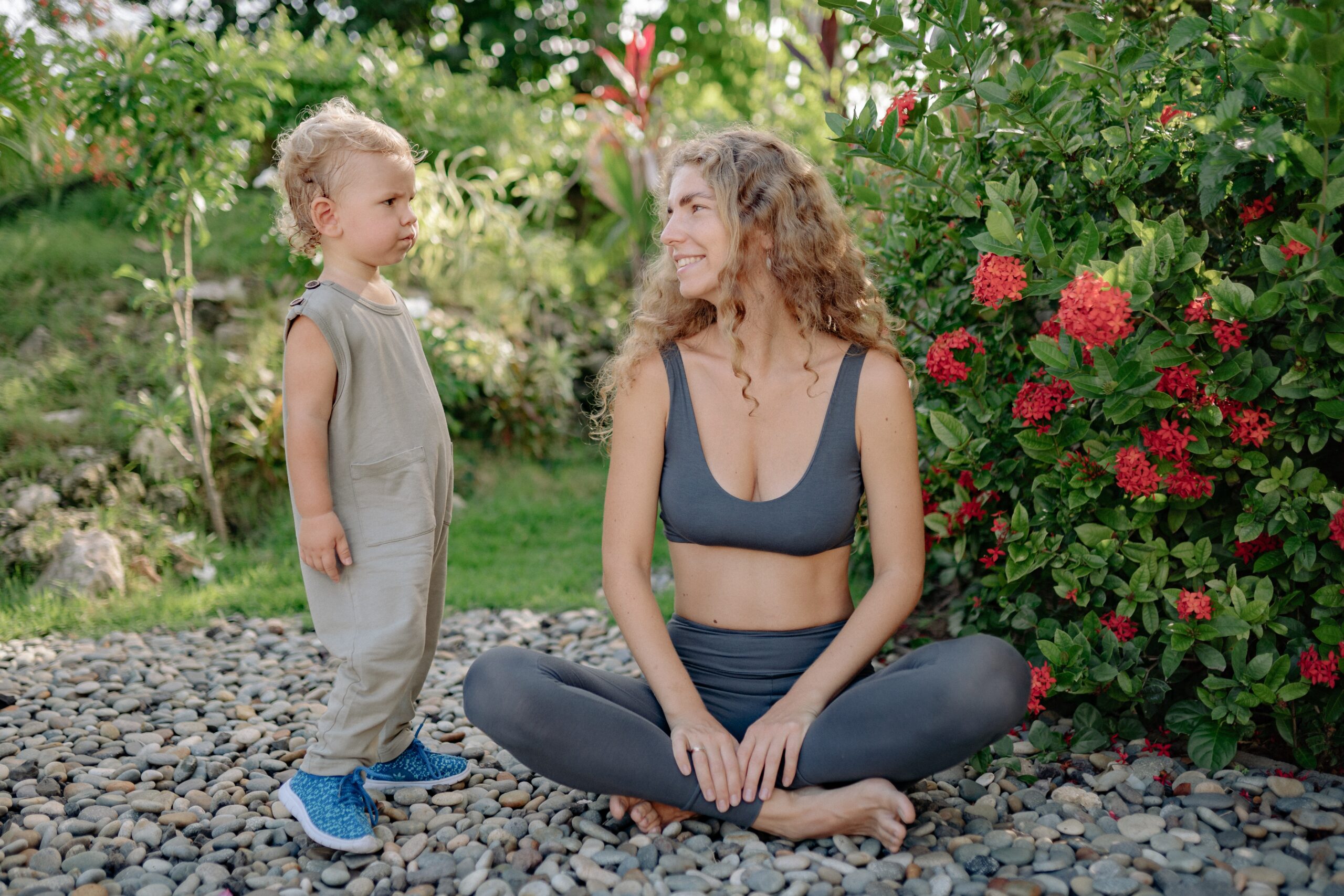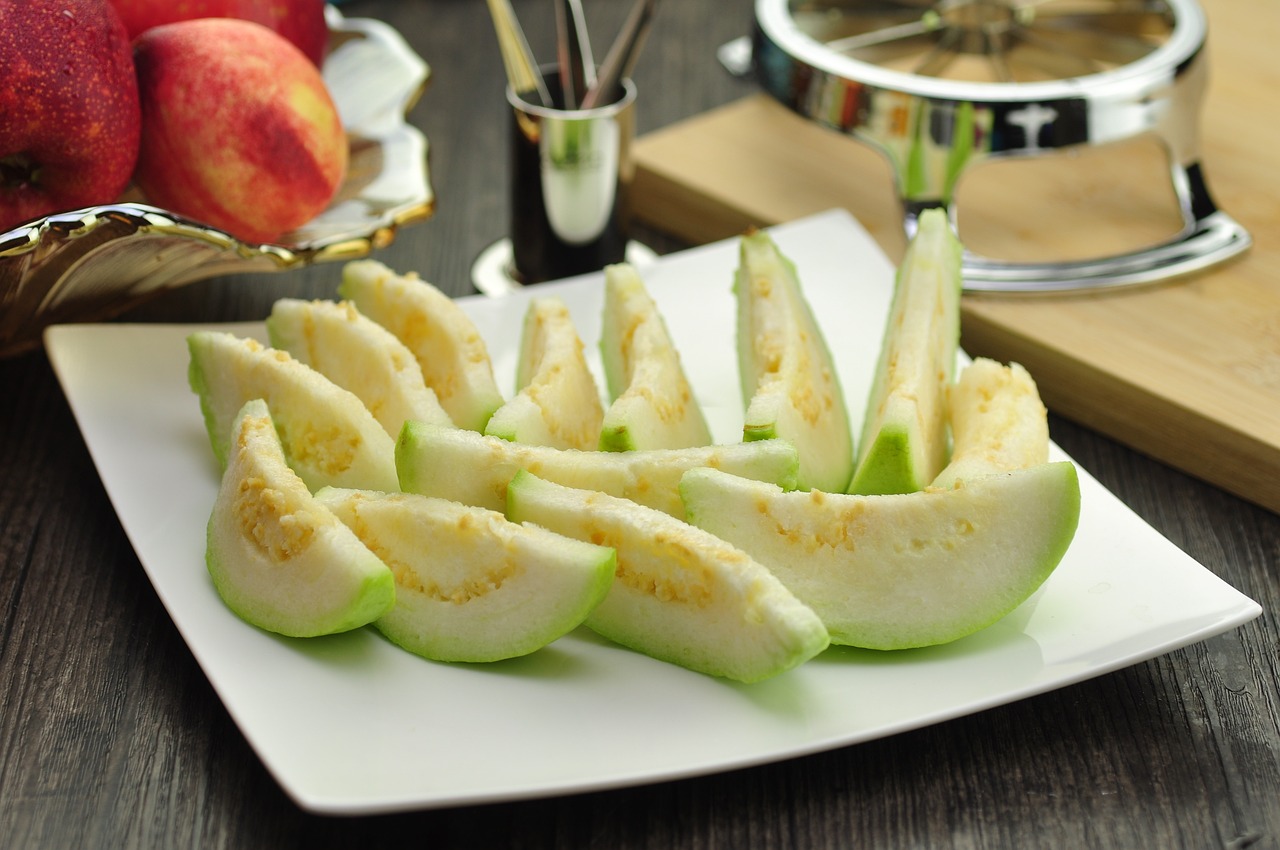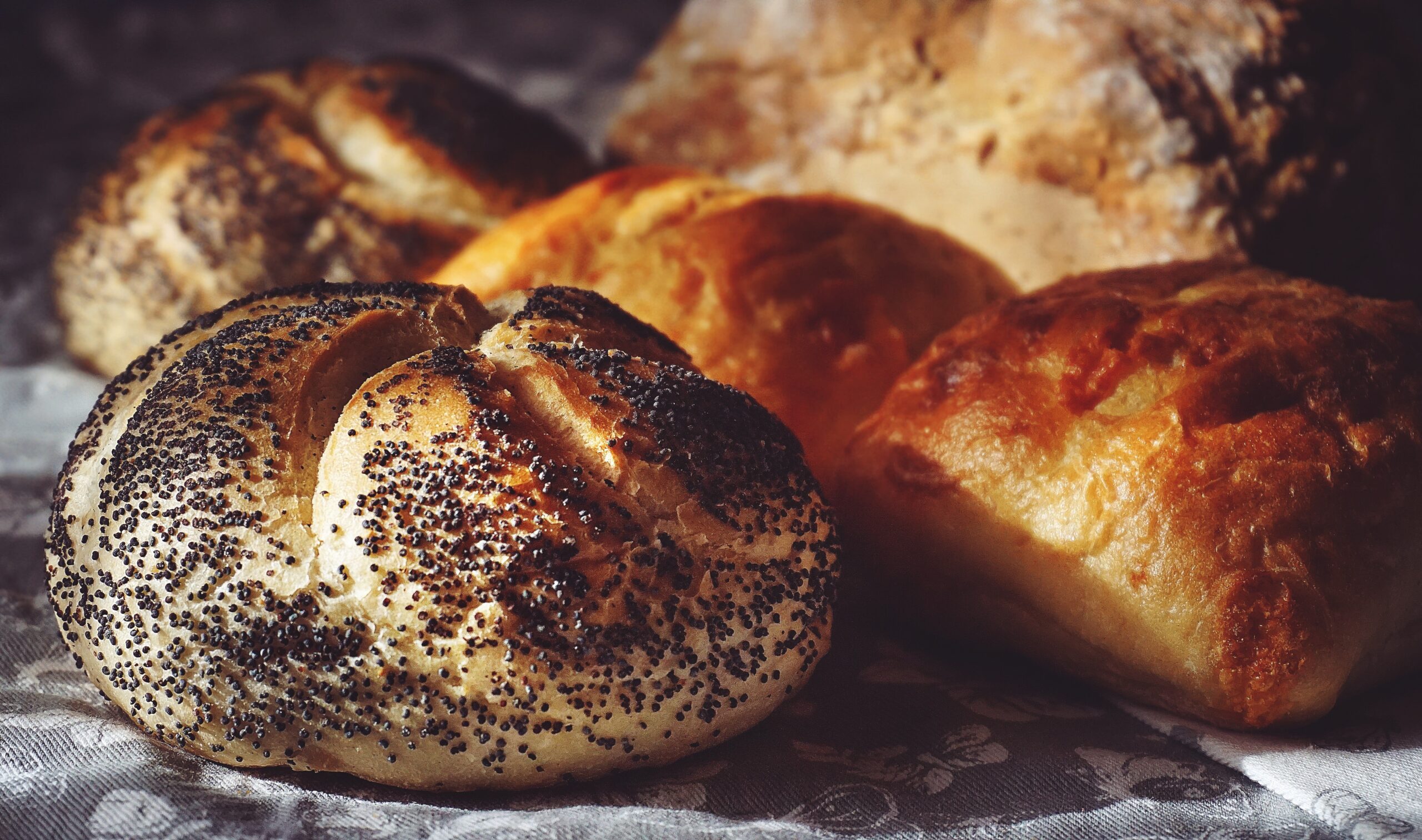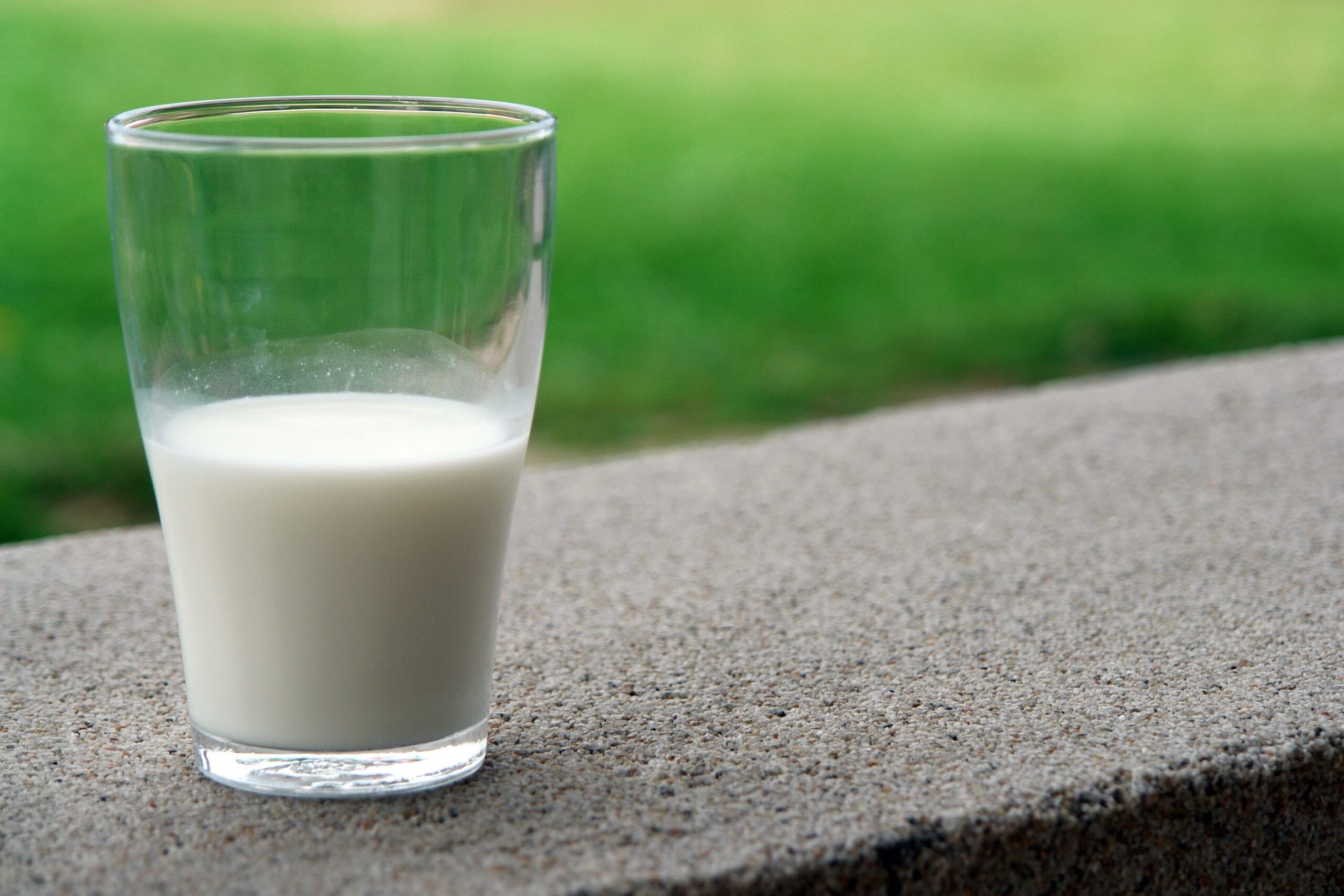Certainly! Adopting healthy habits can significantly improve your overall well-being. Here are seven easy habits that you can incorporate into your daily routine to promote a healthier lifestyle.There are many behaviors that can make you healthy, but here are seven simple ones you can adopt right away:

- Non-starchy vegetables ought to take up half of your plate.
- Vegetables are high in nutrients, fiber, and water but low in calories. They can make you feel satisfied and help you avoid overeating. Use a smaller plate and bowl to eat from. Your brain may be tricked into eating less as a result, cutting your calorie intake .Examples of non-starchy vegetables include leafy greens (spinach, kale, arugula), cruciferous vegetables (broccoli, cauliflower, Brussels sprouts), bell peppers, tomatoes, cucumbers, zucchini, and many others.
- By incorporating a variety of non-starchy vegetables into your meals, you can improve the nutrient density of your diet, support overall health, and reduce the risk of chronic diseases. However, it’s essential to remember that dietary recommendations may evolve over time, so it’s always a good idea to check for any updated guidelines from reliable sources.
2. Replace refined carbohydrates with whole, unprocessed ones.
Refined carbohydrates are devoid of fiber and nutrients, which can cause blood sugar to surge and raise your risk of developing chronic diseases. Whole, unprocessed carbohydrates offer greater advantages including fiber, vitamins, and minerals.3. Include fruit in your breakfast bowl of oats. Antioxidants, vitamins, minerals, and natural sugars are all abundant in fruit. It can enhance the flavor and sweetness of your oats while bolstering your immune system.
- Whole, unprocessed carbs, on the other hand, are high in fiber, vitamins, minerals, and other necessary nutrients. They are absorbed more gradually, resulting in a longer-lasting feeling of fullness and helping to maintain blood sugar levels. Here are a few illustrations of sources of whole, unprocessed carbohydrates:
- Whole grains: Choose whole grains over refined grains, such as brown rice, quinoa, oats, barley, whole wheat, and whole-grain bread.
- Legumes: Include legumes like black beans, chickpeas, lentils, and chicks in your diet. They are great providers of fiber, protein, and carbs.
- Fruits: Indulge in a range of fresh fruits, which are packed with fiber, a wealth of vitamins, and natural sugars.
- Sweet potatoes: A nutrient-dense substitute for ordinary potatoes that are abundant in vitamins, and minerals.
3. Drink more water.
Your body needs water to perform every function. It aids in regulating body temperature, eliminating pollutants, lubricating joints, and carrying nutrients. Additionally, drinking extra water can keep you hydrated, reduce your hunger, and elevate your mood.
- Drinking water is one of the easiest and most powerful actions you can do to enhance your general health is to drink more water. Numerous body processes require water, and maintaining a proper level of hydration has a number of advantages, including:
- a. Maintaining proper hydration: Water is necessary to keep biological fluids, such as blood, digestive juices, and cell activity, in balance.
- b. Body temperature control: Water aids in controlling body temperature, particularly when engaging in physical activity or being outside in hot weather.
- c. Digestion: Drinking enough water helps the body digest meals and absorb its nutrients.
- d. Kidney function: Drinking enough water helps the kidneys work properly by assisting in the removal of waste and toxins from the body through urine.
4. Go for a ten-minute stroll. Walking is a quick and easy technique to enhance your physical activity and strengthen your heart. Additionally, it can aid in calorie burning, stress reduction, mood improvement, and energy boosting.
- 10 minute walk! It can be a terrific method to lift your spirits and give you more energy. A quick walk can do wonders for your health whether you’re outside, in your neighborhood, or inside.
- Here are some advice before you leave:
- Put on comfy shoes: Opt for walking-friendly footwear that offers enough support.
- Dress properly: Take the weather into account and dress correctly. Dress comfortably and in line with the weather.
- Drink plenty of water: If the weather is warm, bring a bottle with you.
- Be aware of your surroundings: Keep an eye out for other people and vehicles, especially if you’re walking through a city.
- Stroll at your own leisure and take in the scenery.
5. Few minutes of meditation. Focusing on the present moment while objectively monitoring your thoughts and feelings is a key component of the meditation practice.
- It can be beneficial to meditate for 5 minutes in order to calm your mind, relieve tension, and develop inner peace. Regardless of age or experience, everyone can meditate and reap its many mental and emotional advantages. A quick guide to a 5-minute meditation practice is provided below:
- Locate a calm and cozy area: Select a peaceful setting where you won’t be easily startled. Sit comfortably, either cross-legged on the floor or on a chair, with your back straight and your hands at your sides.
- Soften your sight or close your eyes: If it feels comfortable, close your eyes. Alternately, you can maintain your eyes open while maintaining a gentle stare fixated on a certain area of the room.
- Pay attention to your breath: Take a few deep breaths to bring yourself into the present. After that, focus on your breathing. Take note of your chest or abdomen rising and falling, or the sensation of breath entering and exiting your nostrils.
- Allow thoughts to come and go: Thoughts may naturally surface while you concentrate on your breathing. Avoid attempting to stop them or losing patience. Instead, gradually bring your focus back to your breathing after acknowledging them without passing judgment.
- Use a mantra (optional): If you find it useful, you can mentally repeat a word or phrase like “peace,” “calm,” or “relax.” This might serve as an anchor for your attention and keep it from straying.
- Embrace the current moment: Give yourself permission to be completely in the moment and welcome any ideas or sensations that surface while you’re meditating. Do not spend too much time analyzing or rating your experience.
- Finish with gratitude: As the five minutes come to an end, take a moment to be grateful for the time you spent meditating and for any wonderful emotions that surfaced.
- Keep in mind that meditation is a talent that becomes better with practice. Feel free to change the time limit if you feel that five minutes is either too short or too long. You could discover that you can prolong your meditation sessions over time for even larger advantages. Consider introducing regular meditation into your routine since it can have a great effect on your general well-being.
- Remember that developing healthy habits takes time, so begin with minor adjustments and add more as you feel more comfortable. Be kind to yourself and acknowledge your advancements as you go. Do not give up if you run across difficulties; ups and downs are common. The secret is to be dedicated to your health and put forth constant effort to lead a healthier lifestyle.




